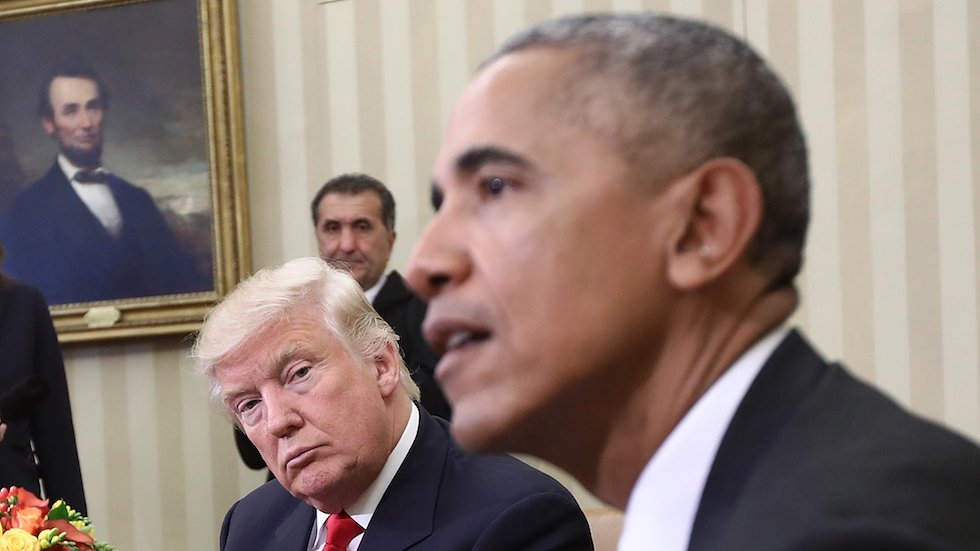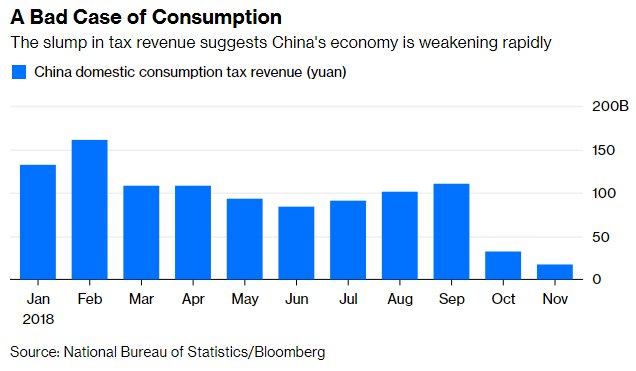bloomberg.com/opinion/articl…
Today's post lays out the opposite case.
bloomberg.com/opinion/articl…
In a new paper, @AtifRMian et al. hypothesize that low rates could help dominant companies take over their markets. That could choke off economic activity and lower observed productivity growth.
papers.ssrn.com/sol3/papers.cf…
Unproductive companies kept alive by cheap credit are known as "zombies".
economics.mit.edu/files/3770
ecb.europa.eu/pub/pdf/scpwps…
bis.org/publ/qtrpdf/r_…
scholar.harvard.edu/files/aghion/f…
Well, for one thing, it means that the MMT people who call for permanently zero interest rates could be playing with fire.
bilbo.economicoutlook.net/blog/?p=4656
bloomberg.com/opinion/articl…
But if it's true, it should change the entire way we think about macroeconomic policy.
(end)
bloomberg.com/opinion/articl…











